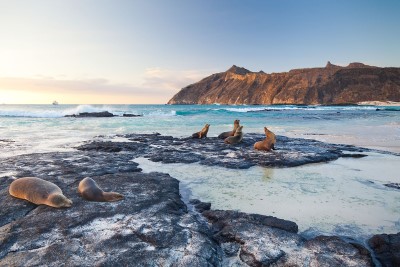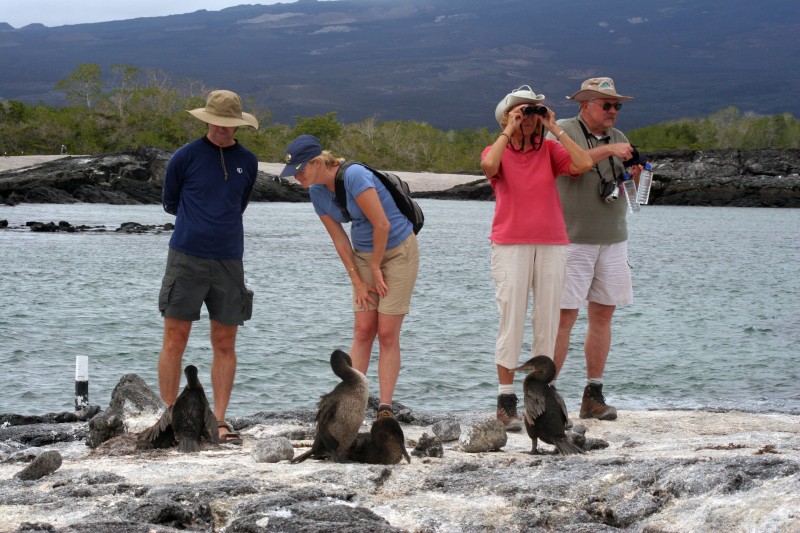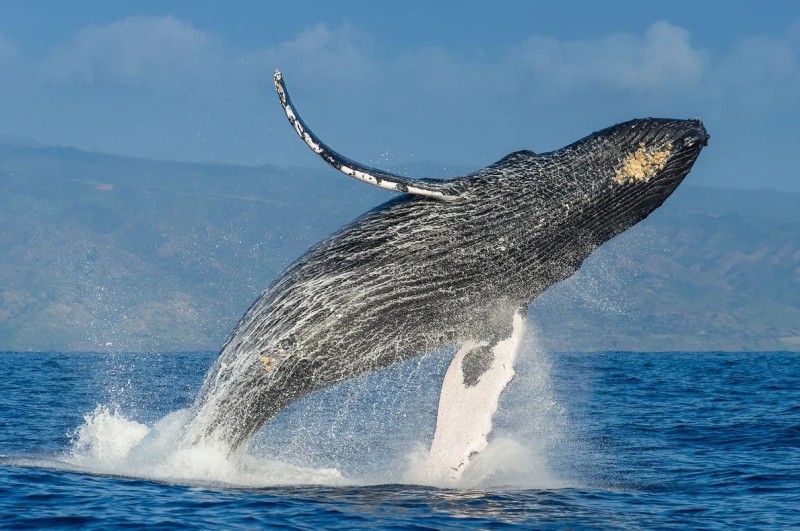In a world where ecological tourism is becoming increasingly important, the Galapagos Islands are at the forefront of a delicate movement to balance conservation and visitors. Recently, a measure was adopted to increase the entrance tax to this emblematic archipelago.
This increase in the Galapagos entry tax represents a turning point for the future of tourism in the archipelago. The measure, which is due to come into force in 6 months’ time, will double the entry fee for visitors to the archipelago – unchanged for 26 years – from the current USD 100 to USD 200 for foreign travellers. As agencies adapt and visitors assess the impact of their contribution, the essence of this initiative lies in a collective commitment to safeguarding one of the planet’s most precious natural treasures, home to more than 2,900 species, a quarter of which are endemic.
Our article: Tourism in the Galapagos, preserving the fragile balance

The aim of this initiative is not so much to limit the number of visitors as to ensure a quality experience that contributes to the preservation of this ecosystem, with the active participation of all those who visit.
Niels Olsen, Ecuador’s Minister of Tourism, believes that it is a priority to stabilise the growth in the volume of tourism in order to preserve the well-being of the ecosystem and its inhabitants. He points out that this increase in the entrance tax will raise up to an additional 18 million dollars a year, rising to 40 million dollars by 2025. These resources will be used for conservation projects, monitoring and improving basic services that are a priority for tourists.
Our article: 10 must-see sites in the Galapagos Islands
The measure to increase the Galapagos Islands entry tax underlines a vital awareness of the need to protect fragile ecosystems in the face of booming tourism. By aiming to fund conservation projects and infrastructure improvements, this initiative represents a delicate balance between preserving the archipelago’s unique biodiversity and welcoming visitors. Although this increase may give rise to debate about the accessibility and effectiveness of conservation measures, it represents a crucial step towards more responsible tourism that is aware of its environmental impact.
Photos: Ecuador Ministry of Tourism







